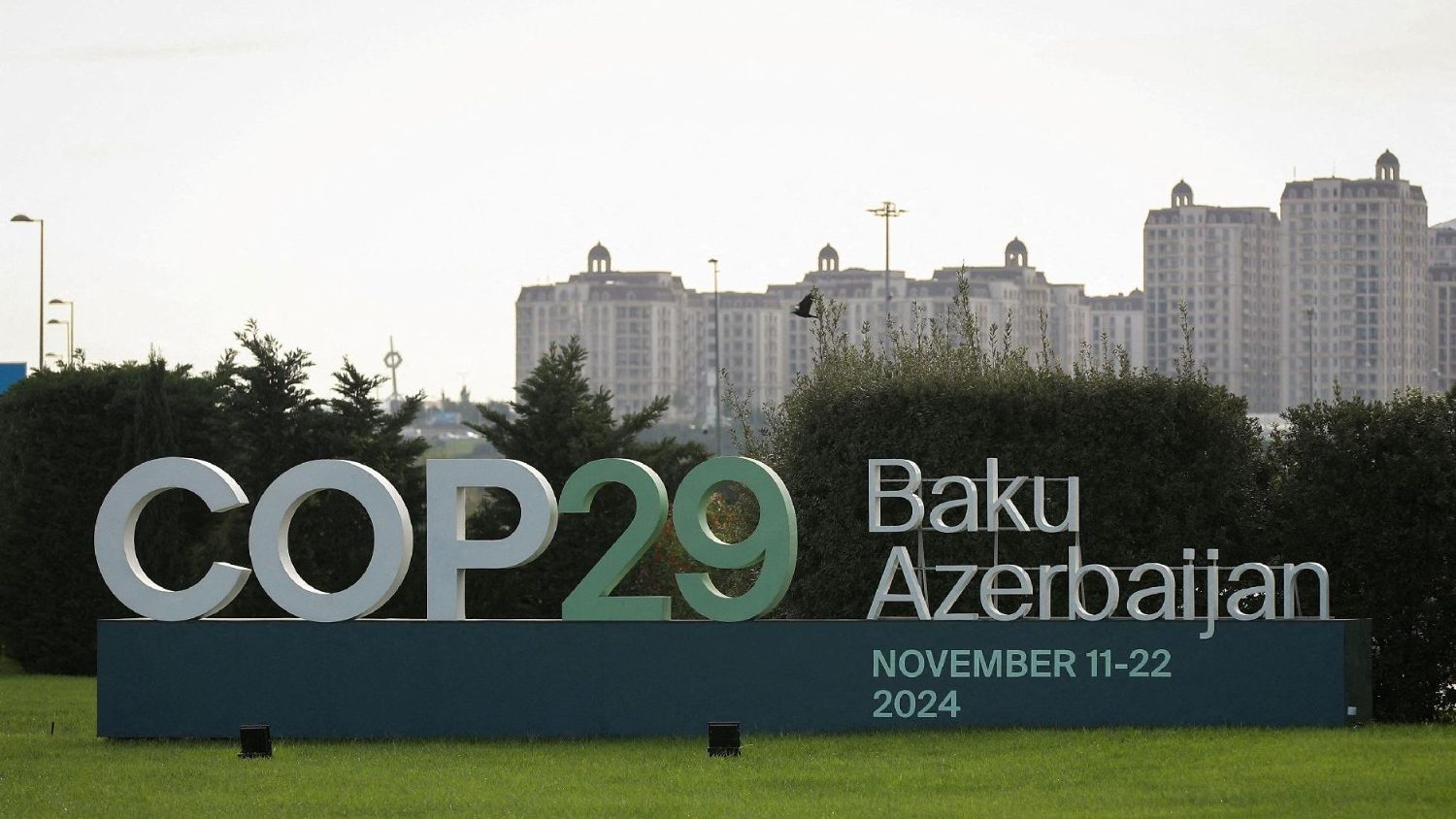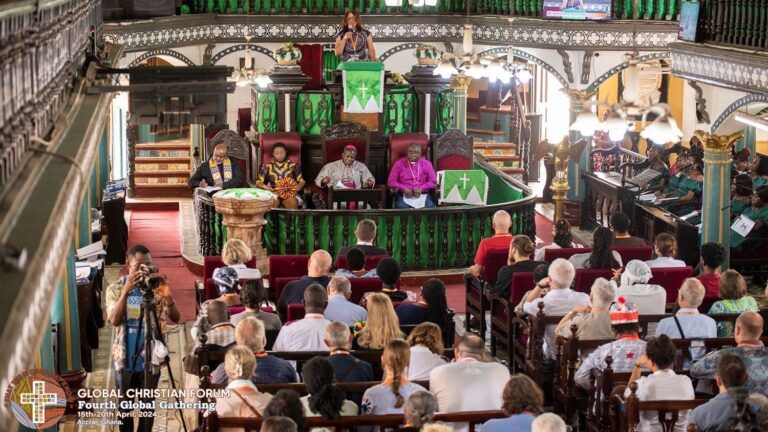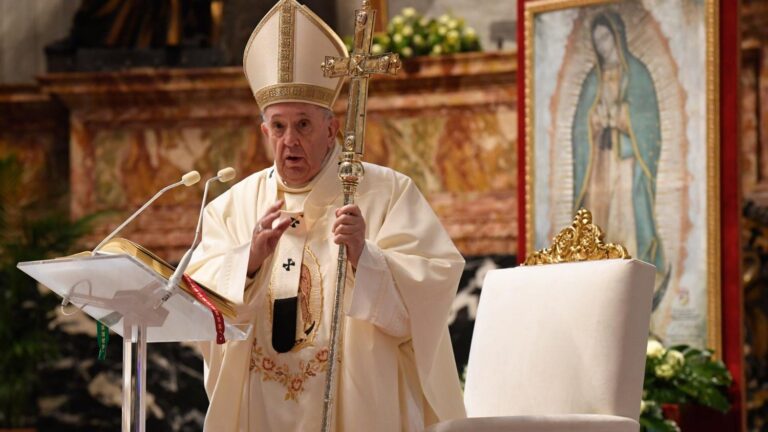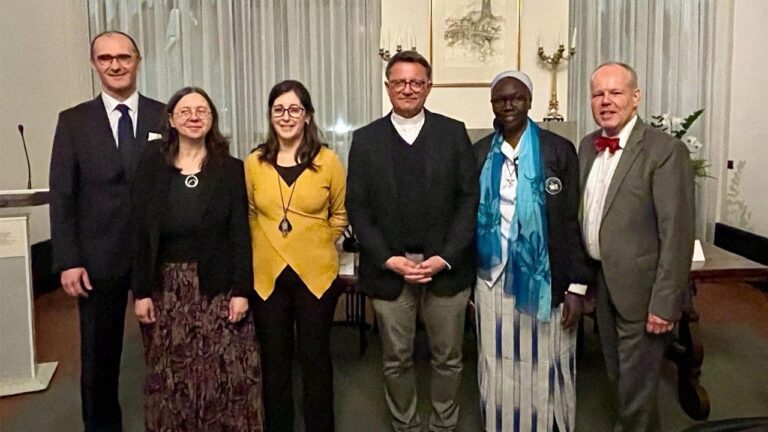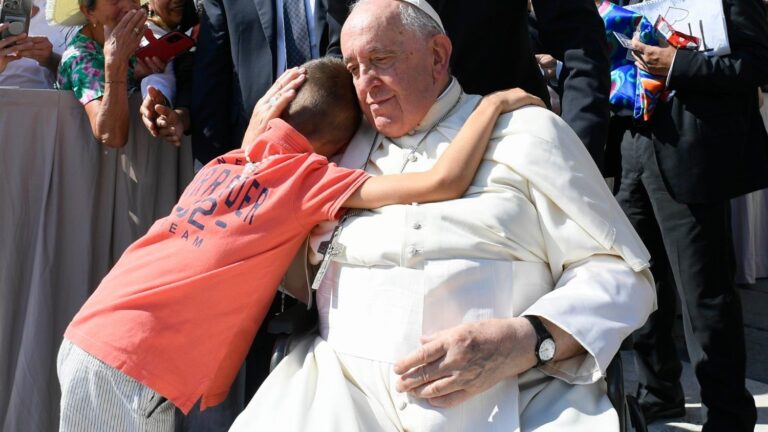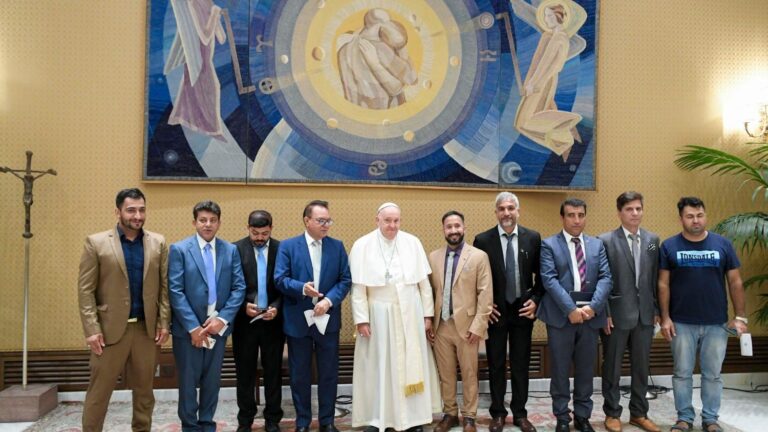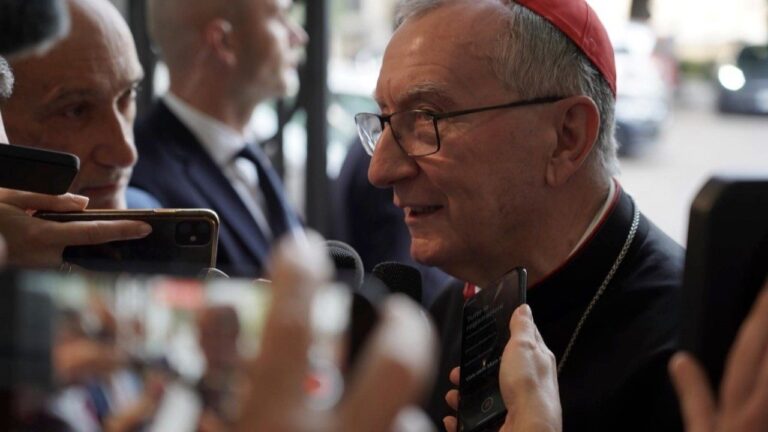CIDSE at COP29 to bridge ambition and action for climate justice
Vatican news
The International Platform of Catholic Social Justice Organizations is among several faith-based organizations participating in the upcoming UN Climate Change Summit in Baku, Azerbaijan, which will also include the second edition of the “Faith Pavilion” to strengthen the role of religions. to meet climate challenges.
By Lisa Zengarini
From November 11 to 22, 2024, world leaders will gather in Baku, Azerbaijan for the 29th Conference of the Parties (COP29) to the United Nations Framework Convention on Climate Change (UNFCCC).
Delegates, activists, scientists and policymakers will come together again to consolidate and expand commitments made under the 2015 Paris Agreement to combat climate change by significantly reducing greenhouse gas emissions and promote a sustainable and more equitable future for all.
Financing the carbon neutral transition
The summit, taking place in a year marked by a renewed increase in extreme weather events around the world, is expected to address several important issues ahead of the 2025 COP30 in Brazil. A central point of discussions will be financing for climate initiatives, particularly for developing countries which are often disproportionately affected by climate change but lack the resources to combat it effectively.
Faith-based organizations participating in COP29
As with previous COPs, faith-based organizations and religious institutions from various major religions around the world will attend this year’s event to once again advocate to world leaders and governments for climate justice and take bold and meaningful action by increasing their ambitions in a collective effort to avoid catastrophic climate impacts.
Among them is the International Cooperation for Solidarity Development (CIDSE), an umbrella platform of Catholic social justice organizations working for change to end poverty and inequality and promote just and environmentally sustainable alternatives.
CIDSE delegation
CIDSE will send a delegation of representatives from member organizations including CAFOD (England and Wales), SCIAF (Scotland) and Trócaire (Ireland), Maryknoll Office for Global Concerns (United States), Misereor (Germany), Fastenaktion ( Switzerland) and KOO (Austria). .
They will join partners and allies from the South and North to urge world leaders to make bold decisions on ambitious, equitable and long-term financing for climate action, including mitigation, adaptation and losses and damages. These will enable all people and communities to respond to the growing impacts of climate change and transition to socially just renewable energy systems, particularly during this critical decade.
CIDSE delegates will participate in a number of official side events on these critical issues.
The “Pavilion of Faith” in Baku
Following the success of its first edition at COP28 in the United Arab Emirates, this year’s COP will also include a “Faith Pavilion” bringing together a diverse coalition of 97 organizations representing 11 different religions from around the world to strengthen the role of religions in the fight against climate challenges.
The Pavilion offers a comprehensive program, including more than 40 discussion sessions exploring the integration of spirituality and ethics in climate action. It will also explore other topics related to sustainable living, faith-inspired ecovillages, innovative climate finance and intergenerational dialogue. The Pavilion will highlight the principles set out in the “Call to Conscience: Abu Dhabi Joint Declaration for Climate”, in an interactive setting that will make the Pavilion of Faith a hub for transformative ideas and collaborative solutions.
Dialogue between science and religions on climate action
In a significant development, the United Nations Environment Program (UNEP) will, for the first time, present a series of scientific sessions at the Faith Pavilion. The sessions will aim to bridge the gap between science and religion, providing advanced insight into the environmental crisis while grounding these discussions in ethical and spiritual frameworks. The collaboration highlights the importance of integrating scientific knowledge with moral imperatives to address the climate crisis.
The four main priorities of COP29
The main negotiating priority of the COP29 presidency will be to agree on a new fair and ambitious collective quantified target on climate finance (NCQG) adapted to the climate emergency and the scale of the problem, taking into account the needs and priorities of developing country parties. However, it remains to be seen whether this objective will be achieved, since the threshold of 100 billion per year set in 2009 has never been reached.
Another priority theme of COP29 will be the revision of Article 6 of the Paris Agreement, which regulates the exchange of emission allowances between States. This mechanism continues to be a source of controversy and carbon credits are often seen more as a means of greenwashing than as a real driver of change.
COP29 also aims to strengthen the Loss and Damage Fund officially adopted at last year’s COP28 to help developing countries recover from the impacts of climate change, as current funding only covers a fraction of the real losses.
Finally, what is the best way to close the adaptation gap, drawing attention to the need for innovative financing mechanisms and implementation of adaptation actions, including the participation of the private sector alongside governments and international organizations.
Since COP21 in Paris in 2015, whose progress was (almost) unanimously welcomed, the subsequent COP summits have given rise to much disappointment and criticism, with States’ commitments rarely being kept.
Even though the stakes at COP29 are high, the challenge of balancing national interests with global responsibilities is expected to remain a major hurdle in the new round of talks in Baku.
More details on CIDSE’s participation in COP29 and the program of official side events are available on the website:
Vatican news
sc
